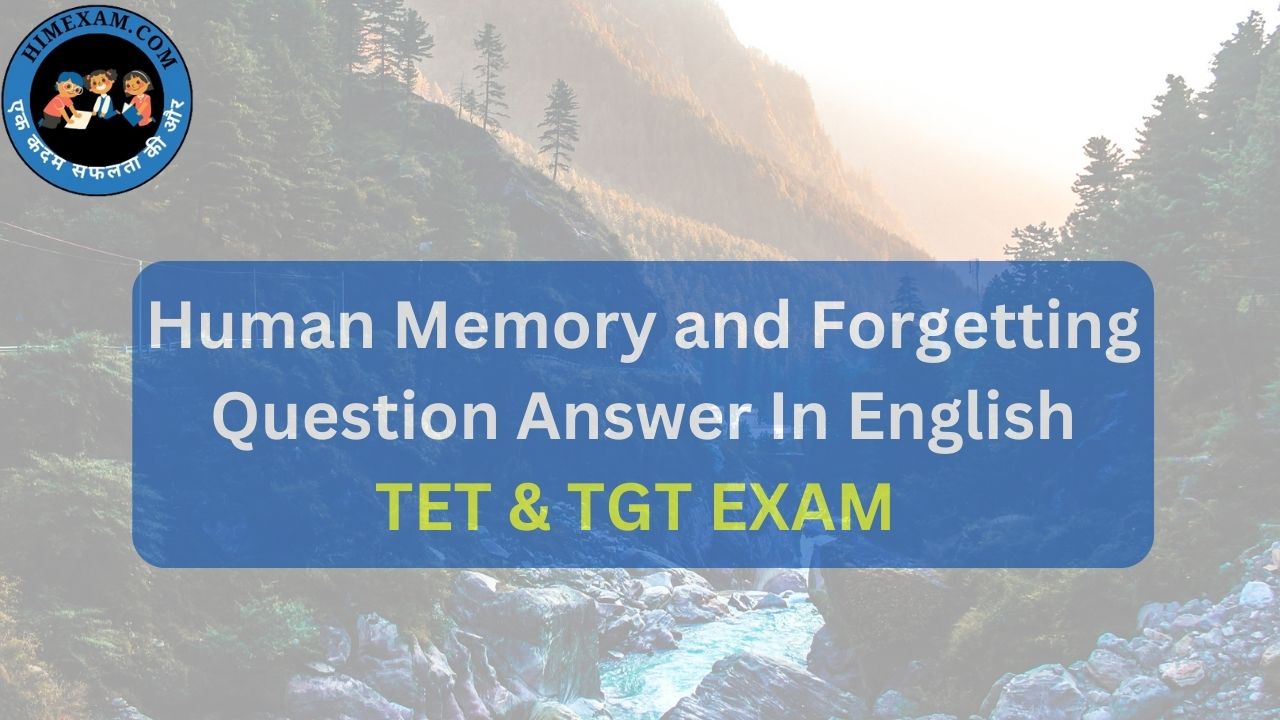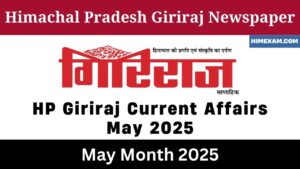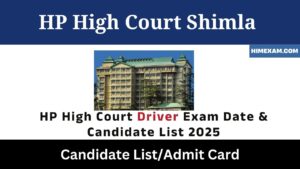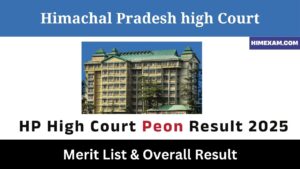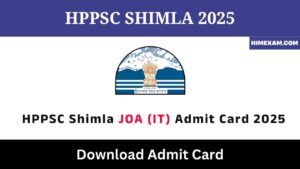Table of Contents
ToggleHuman Memory and Forgetting Question Answer In English
Human Memory and Forgetting Question Answer In English :-If you are preparing for any HPTET & HPTGT paper then this post is very important for you. This post contains Human Memory and Forgetting Question Answer In English . Check our website daily to see other parts.
Test Series & Ebooks:-
Human Memory and Forgetting Question Answer In English For TET & TGT Exam:
1. What is schema?
(1) It is a kind of mental image.
(2) It is a mental representation of a class of things, events or situations.
(3) It is a process of manipulating the mental image.
(4) This is a method of improving memory.
2. The storing power of short-term memory is very limited. According to modern experimental psychologists, its average potential is…
(1) 7 + 2
(2) 9 + 2
(3) 6 + 2
(4) 10 + 2
3. With the help of a special process in shortterm memory, up to 14-15 units can be stored simultaneously. This process is called:
(1) Reorganization
(2) Chunking
(3) Coding
(4) Reintegration
4. When a person is able to make such a mental image from his memory as if he is looking at the object in front of him – then such a memory is called.
(1) Imagery memory
(2) Vision image
(3) Tangible memory
(4) Episodic memory
5. Which of the following is not correct in the context of semantic memory?
(1) It is relatively stable.
(2) There is interference in this.
(3) It is independent of acquisition context.
(4) In this there is chucking or bunching.
6. Memory shorter than the short-term memory is called….
(1) Semantic memory
(2) Episodic Memory
(3) Sensory memory
(4) Secondary memory
7. Sensory memory is often expressed..
. (1) In seconds
(2) in minutes
(3) In milliseconds
(4) As none of these
8. The basis of processing of materials in Short Term Memory is…
(1) Acoustic similarity
(2) Semantic similarity
(3) Sound disparity
(4) Semantic disparity
9. The method of retrieval was propounded.
(1) By Bartlett
(2) By Ebbinghaus
(3) By Tulving
(4) By Muller and Pilzecker
10. In the experiment used by Ebbinghaus to find out the nature of forgetting..
(1) Several subjects involved.
(2) Only one subject involved.
(3) There was no subject.
(4) He himself had also done the work of a subject
11. What is called amnesia?
(1) Partial loss of memory
(2) The spontaneous recovery
(3) Reduction in forgetfulness
(4) Increase in forgetfulness
12. The main difference between Recall and Recognition is that
(1) Recall is more difficult than Recognition
(2) In Recall, the original subject is absent while it is present in Recognition.
(3) Recall is previous or incomplete, whereas recognition is definite or uncertain.
(4) Recall is active while Recognition is passive.
13. Retention is checked by several methods. Which of the following method is such that the test of retention cannot be done?
(1) Recall method
(2) Method of recognition
(3) Re-learning method
(4) Serial Learning Method
14. The resource-level processing was presented
(1) By Craik and Lokhart
(2) By Woodworth and Schlosberg
(3) By Melton and Irwin
(4) Postman and Egan
15. The root cause of forgetfulness in long-term memory according to the Waugh-Norman model is…
(1) Displacement
(2) Replacement
(3) Replication
(4) Lack of rehearsal.
16. By which of the following methods do children classify their experiences?
(1) Inductive
(2) Deductive
(3) Inductive & Deductive
(4) All of the above
17. Tulwing has given two main types of memory, which one of the following are these?
(1) Episodic memory and Semantic memory
(2) Animal memory and human memory
(3) Primary memory and secondary memory
(4) Sensory memory and Sub-span memory
18. From which of the following memory does operant conditioning take place?
(1) Episodic memory
(2) Semantic memory
(3) Flashbulb memory
(4) None of these
19. Who gave the dual process of transfer of lessons learned from STM to LTM?
(1) Atkinson and Shiffrin
(2) Craik & Lockhart
(3) Mueller and Pilzecker
(4) Tulving
20. In context of the storage capacity of short term memory, which psychologist has given the following magic number 7+/-2?
(1) George Miller
(2) Ebbinghaus
(3) Shiffrin
(4) Tulving
21. The memory of our personal experiences is called
(1) Procedural memory
(2) Semantic memory
(3) Long-term memory
(4) Episodic memory
22. ……… is the ability to remember the method of doing something, especially a physical act.
(1) Episodic memory
(2) Procedural memory
(3) Meaning memory
(4) All of the above
23. When does the process of concept formation start in children?
(1) When able to differentiate between incentives
(2) When able to learn a good language
(3) When turned five years old
(4) All of the above
24. Saving method is related to which of the following?
(1) Recall
(2) Re-learning
(3) Retrieval
(4) All of the above
25. Who gave the four components of memory (4R)?
(1) Woodworth
(2) Wundt
(3) Adams
(4) Dewey
More Pages:-
हेलो दोस्तों ,आपका हमारी वेबसाइट Himexam.com पर स्वागत है। जैसा की आपको पता है हमारी वेबसाइट Himexam.com आपको समय-समय पर सभी HP Govt Jobs & All India Govt Jobs की Notifications प्रदान करवाती है। साथ ही साथ Himachal Pradesh Exam Previous Paper और Himachal Pradesh GK ,Himachal Pradesh & National +International Current Affairs के सभी नोट्स मुफ्त उपलब्ध करवाते है। हमारी वेबसाइट के अलग अलग प्लेटफार्म पर pages & Group बने है जैसे की facebook ,Telegram और Instagram .. अगर आप हिमाचल के किसी भी पेपर की तैयारी कर रहे हो तो जल्दी से इन groups के साथ जुड़ जाएं इनके लिंक नीचे table में दिए गए है।
Join Us:-
| Like Our Facebook Page | Click here |
| Join Us oN Telegram | Click here |
| Join Us On Instagram | Click Here |

